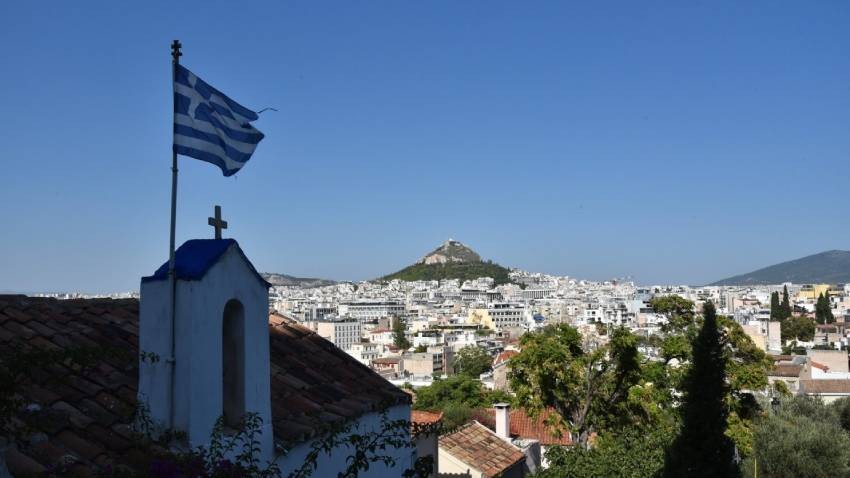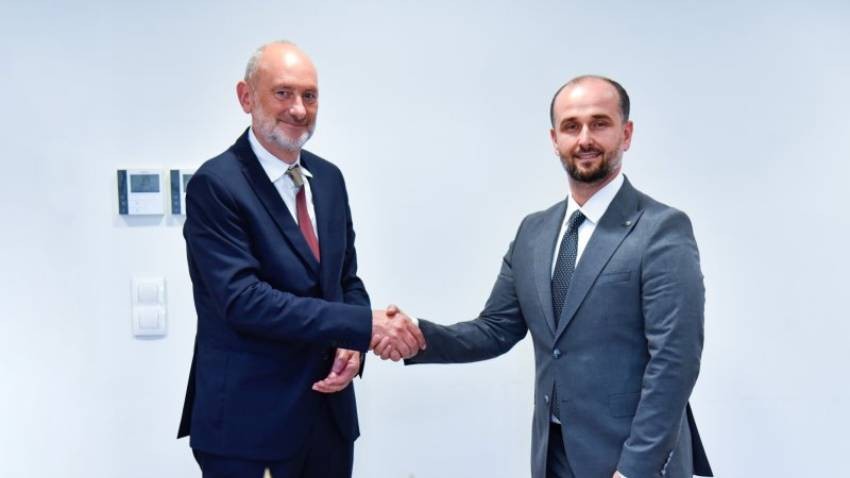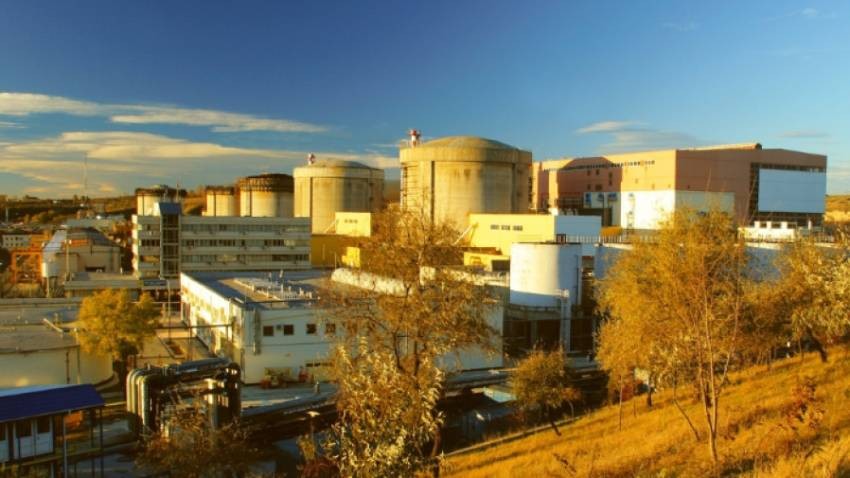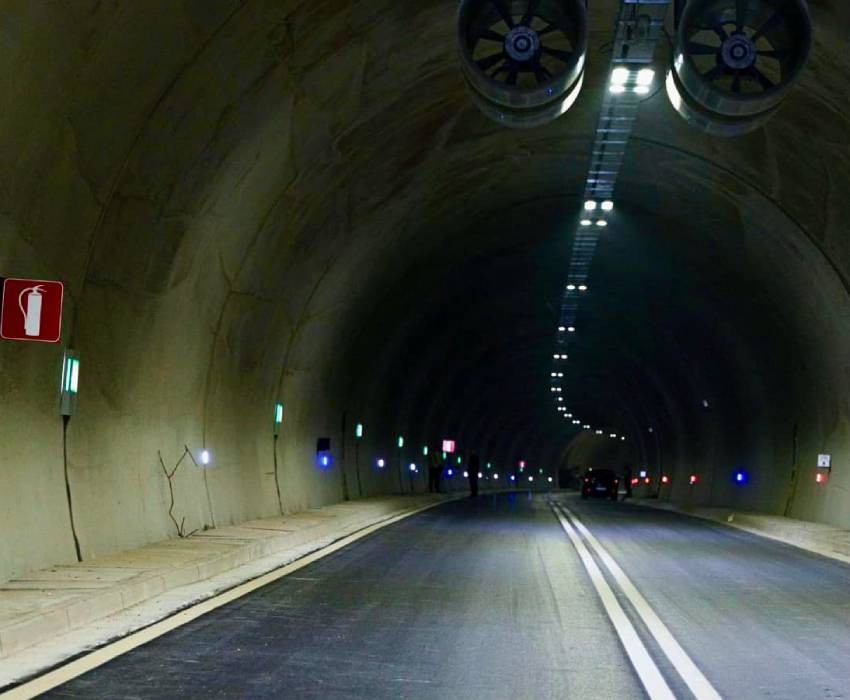Greece introduces six-day working week for some businesses

Greece has introduced a six-day working week for some industries in a bid to boost productivity and employment. The regulation, which went into effect on July 1, opposes the global trend for companies to test a shorter working week. According to changes in the legislation, employees of private enterprises providing round-the-clock services are now officially allowed to work an extra two hours a day or to have an extra eight-hour shift. This means that the traditional 40-hour work week can be extended to 48 hours per week for some businesses. Trade unions and political observers strongly criticized the move. Economist, university lecturer and entrepreneur Prof. Dr. Ioakeim Kalamaris told Euronews Bulgaria that the adoption of the changes would help in reducing the gray economy in Greece.
EU ambassador to Skopje sees no possibility of changing negotiation framework with North Macedonia

In a meeting with the EU Ambassador to North Macedonia, David Geer, the Minister of European Affairs, Orhan Murtezani, said that the country had firmly taken the Euro-Atlantic path and had no doubts about its future membership in the EU. What was delaying this was the protocol with Bulgaria, part of the negotiation framework, he complained. According to him, there were "substantial talks forthcoming in the government and with Brussels in order to find the best solution without creating problems on the country's path to the EU". According to the North Macedonian Prime Minister Hristijan Mickoski, the country could overcome the obstacle "Bulgaria" on its way to the EU by renegotiating the terms of the Treaty of Friendship, Good Neighbourliness and Cooperation with Bulgaria, as changes have already happened once "and the so-called French proposal (the negotiation framework) was added", BTA reports. At the backdrop of the results of the population census in Albania, according to which the Bulgarian community came in third place after the Greek and Roma minorities, Mickoski provocatively asked whether Bulgaria would set a condition for Albania to include the Bulgarians in the Constitution. Answering Murtezani, the EU ambassador emphasized that he sees no possibility of change in the country's negotiating framework. "This position has not changed since the EU election," Geer added.
EC gives green light for construction of two units at the Romanian Cernavodă NPP

The project for the construction of the 3rd and 4th units of the Romanian NPP "Cernavodă" has received a positive opinion from the European Commission regarding the technical aspects and nuclear safety, BTA has reported. According to the Minister of Energy Sebastian Burduja, the two units will be "key pillars of the national energy industry" and will make a significant contribution to guaranteeing energy security at the national and regional level. According to estimates, with four operating nuclear reactors in Romania, 20 million tons of carbon dioxide emissions per year will be avoided and more than 19,000 jobs will be created.
Romania's only nuclear plant produces about a fifth of the country's electricity with two Canadian-made CANDU reactors that were commissioned in 1996 and 2007.
In September 2023, the Romanian Ministry of Energy announced the Canadian government's intention to provided 3 billion Canadian dollars to finance the new CANDU units for the Cernavodă NPP.
Nearly 6 km-long tunnel now connects the cities of Vlora and Saranda in Albania

In Albania, the Llogara tunnel now connects the cities of Vlora and Saranda in the so-called Albanian Riviera (the southern coast of the country), shortening the journey between the villages of Dukat and Palyasa on either side of it from 30 to 7 minutes. The opening of the traffic tunnel was on July 5, as Albanian Prime Minister Edi Rama posted a video on social networks. The €142 million 5.9 km long facility is one of Albania's largest socially significant projects, which is expected to have a positive impact on the entire Albanian economy. The main tunnel is 7.70 m wide and 4.70 m high and is equipped with a ventilation, drainage and fire and smoke suppression system. It also has an auxiliary tunnel connected to the main one with 11 exits, five of which are for vehicles and the remaining six for pedestrian access. The tender for the construction of the facility was won in October 2021 by a consortium of two Turkish companies.
Compiled by: Miglena Ivanova
English publication: Al. Markov
Photos: Flickr, North Macedonian European Affairs Ministry, "Nuclearelectrica", Facebook/ Edi Rama
The new plenary session of the 51 st National Assembly began with declarations about the priorities of the political parties. For GERB-SDS, the main task is the formation of a regular government and a stable ruling majority, MP Toma Bikov said. He..
GERB-SDS terminates the negotiations for the formation of a regular government due to the refusal of Democratic Bulgaria to support a GERB candidate for prime minister, said GERB. ''No agreement was reached with Democratic Bulgaria on the..
The Movement for Rights and Freedoms (DPS) celebrates its 35th anniversary today. The two wings of the movement - DPS-New Beginning, led by Delyan Peevski, and Ahmed Dogan's Alliance for Rights and Freedoms (ARF) - are marking the event separately. The..

+359 2 9336 661
